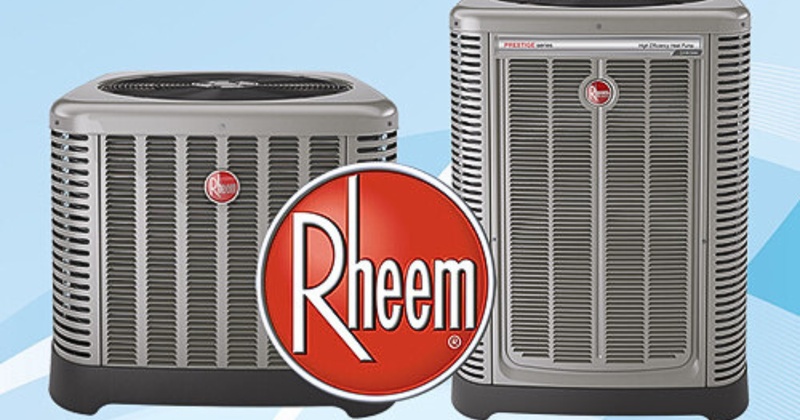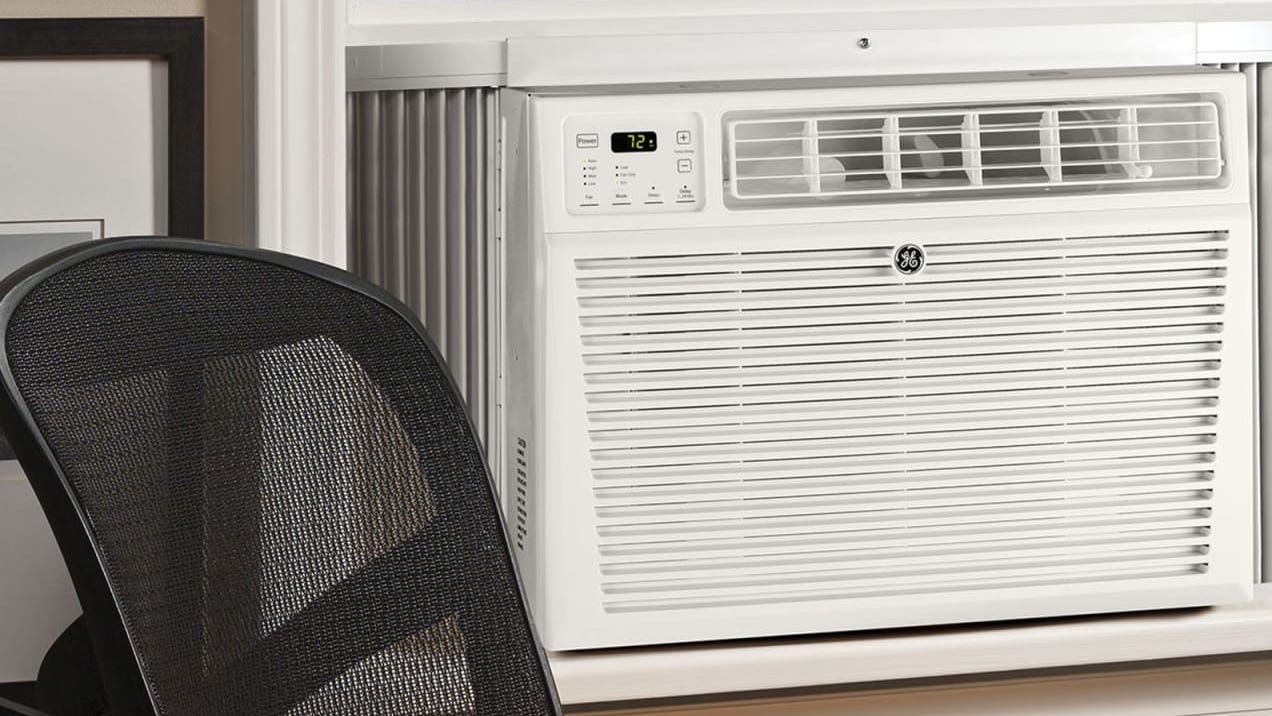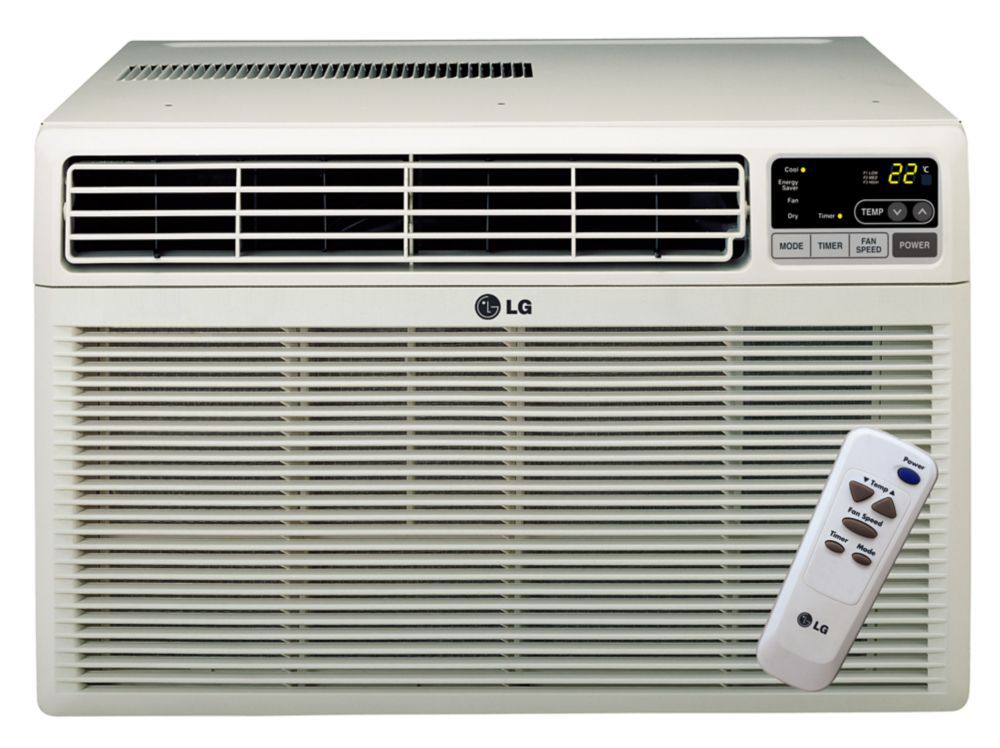Central Air Conditioner Prices Home Depot

Navigating the world of central air conditioning can feel overwhelming, especially when considering the costs involved. Home Depot, a major retailer of HVAC systems, is often a starting point for homeowners, technicians, and facility managers alike. This article delves into the factors influencing central air conditioner prices at Home Depot, providing insights into system types, efficiency ratings, installation considerations, and long-term costs.
Understanding Central Air Conditioner Types
Before diving into pricing, it’s crucial to understand the different types of central air conditioning systems. The most common type is the split system, consisting of an outdoor compressor/condenser unit and an indoor air handler (often paired with a furnace). Ductless mini-split systems are another option, offering zone-based cooling and heating without the need for extensive ductwork. Finally, packaged units combine all components in a single outdoor unit, suitable for homes without basements or crawl spaces.
Split Systems: The workhorse of residential cooling, these offer a wide range of SEER ratings and cooling capacities (measured in BTUs). Expect to find models from brands like Carrier, Rheem, Goodman, and Amana. These are the most commonly found at Home Depot and provide options for different budgets and cooling needs.
Ductless Mini-Splits: Ideal for additions, sunrooms, or homes without existing ductwork. Brands like Mitsubishi, Fujitsu, and LG are leaders in this technology. While Home Depot may carry some models, selection may be more limited compared to specialized HVAC suppliers.
Packaged Units: Less common in residential settings but suitable for commercial buildings or homes with specific installation requirements. These can be more straightforward to install than split systems, but may not offer the same efficiency as higher-end split systems.
Key Factors Affecting Central AC Prices at Home Depot
Several factors influence the price of a central air conditioner. Understanding these factors will help you make an informed decision and compare options effectively.
SEER Rating (Seasonal Energy Efficiency Ratio)
The SEER rating indicates the cooling efficiency of an air conditioner. Higher SEER ratings translate to lower energy bills. Federal regulations mandate a minimum SEER rating (currently 14 in most regions), but higher-efficiency models (SEER 16 or higher) can significantly reduce energy consumption. At Home Depot, you'll find a range of SEER ratings, with prices increasing as the SEER rating goes up. For example, a 14 SEER unit might cost $3,000, while a 16 SEER unit of the same capacity could be $3,800.
Cooling Capacity (BTUs)
Cooling capacity, measured in BTUs (British Thermal Units), indicates the amount of heat an air conditioner can remove from a space per hour. Choosing the right BTU rating is crucial for optimal performance. An undersized unit will struggle to cool the space, while an oversized unit can lead to short cycling and poor dehumidification. Home Depot offers AC units in various BTU sizes, typically ranging from 1.5 tons (18,000 BTU) to 5 tons (60,000 BTU). A 2.5-ton unit might be sufficient for a 1,200-square-foot home, while a larger home may require a 4-ton or 5-ton unit.
Brand and Features
Brand reputation and included features also affect price. Well-known brands like Carrier and Rheem often command a premium due to their established reliability and advanced technology. Features like variable-speed blowers, smart thermostats, and enhanced filtration systems can further increase the cost. Entry-level brands like Goodman and Amana may offer more affordable options, but may lack some of the advanced features and longer warranties of premium brands.
Installation Costs
The price of the air conditioner itself is only part of the equation. Installation costs can significantly impact the overall project budget. Home Depot often offers installation services through independent contractors. Installation costs vary depending on the complexity of the job, the existing ductwork (if any), and local labor rates. Expect to pay anywhere from $1,500 to $5,000 for installation, depending on the specific circumstances. Be sure to obtain multiple quotes and verify the contractor's licensing and insurance.
Central Air Conditioner Prices at Home Depot: A Range
It’s difficult to provide exact prices without knowing your specific needs and location. However, here’s a general range of what you can expect to pay for a central air conditioner unit alone at Home Depot, excluding installation:
- 1.5-ton (18,000 BTU) 14 SEER: $2,000 - $2,800
- 2.5-ton (30,000 BTU) 14 SEER: $2,500 - $3,500
- 3-ton (36,000 BTU) 14 SEER: $2,800 - $4,000
- 4-ton (48,000 BTU) 14 SEER: $3,200 - $4,500
- 5-ton (60,000 BTU) 14 SEER: $3,500 - $5,000
Remember that these are just estimates. Prices can fluctuate based on brand, features, and ongoing promotions. Higher SEER ratings will increase these prices significantly.
Beyond the Purchase Price: Considering Long-Term Costs
Focusing solely on the upfront purchase price can be shortsighted. It's essential to consider the long-term costs of owning and operating a central air conditioner.
Energy Consumption
A higher SEER rating translates to lower energy bills. While the initial investment may be higher, the energy savings over the lifespan of the unit can offset the difference. Use an online energy savings calculator to estimate the potential savings of a higher-efficiency unit based on your local electricity rates and usage patterns. For instance, upgrading from a 14 SEER to a 16 SEER unit could save you hundreds of dollars per year in energy costs.
Maintenance and Repairs
Regular maintenance is crucial for prolonging the lifespan of your air conditioner and preventing costly repairs. Schedule annual maintenance checks by a qualified HVAC technician to clean the coils, inspect the refrigerant levels, and ensure proper operation. Neglecting maintenance can lead to reduced efficiency, increased energy consumption, and premature failure. Budget for annual maintenance costs, typically ranging from $100 to $300 per year. Also factor in potential repair costs. Even with proper maintenance, components can fail over time. A compressor replacement, for example, can cost upwards of $1,500.
Lifespan
The typical lifespan of a central air conditioner is 15-20 years with proper maintenance. Factors like climate, usage patterns, and the quality of installation can affect lifespan. Cheaper units may have a shorter lifespan compared to higher-end models. Consider the expected lifespan when evaluating the overall cost of ownership. Investing in a higher-quality unit with a longer lifespan may be more cost-effective in the long run.
Tips for Finding the Best Central AC Deals at Home Depot
Here are some tips to help you find the best deals on central air conditioners at Home Depot:
- Shop during off-season: Prices tend to be lower during the off-season (fall and winter) when demand is lower.
- Look for promotions and rebates: Home Depot often offers promotions and rebates on select AC models. Check their website or in-store displays for current deals.
- Compare prices and features: Don't settle for the first unit you see. Compare prices and features of different models to find the best value for your needs.
- Get multiple installation quotes: Obtain quotes from multiple installers to ensure you're getting a fair price.
- Consider financing options: Home Depot may offer financing options to help you spread out the cost of your new air conditioner.
Working with HVAC Professionals
While Home Depot offers a convenient option for purchasing central air conditioners, it's essential to involve qualified HVAC professionals in the process. Consult with an HVAC technician to determine the appropriate size and type of unit for your home or building. A professional can also ensure proper installation, which is crucial for optimal performance and longevity. Furthermore, an HVAC professional can advise on ductwork modifications or repairs that may be necessary to maximize efficiency. Consider Home Depot as a starting point for researching options, but rely on HVAC professionals for expert guidance and installation.
Before purchasing, it's also good to check local and federal tax credits. Many HVAC systems that are Energy Star certified are eligible for tax rebates, and can save you money on your installation.
By understanding the factors that influence central air conditioner prices at Home Depot and considering the long-term costs of ownership, you can make an informed decision that meets your needs and budget.







/central-air-58e994303df78c51625541a8.jpg)


